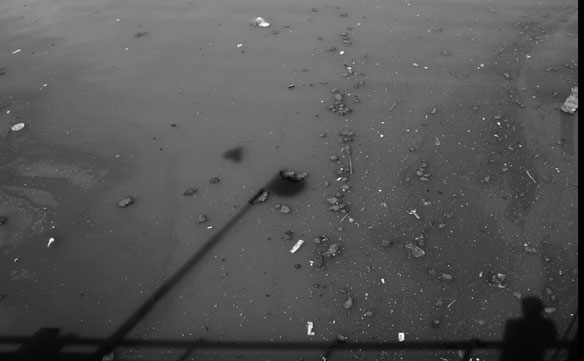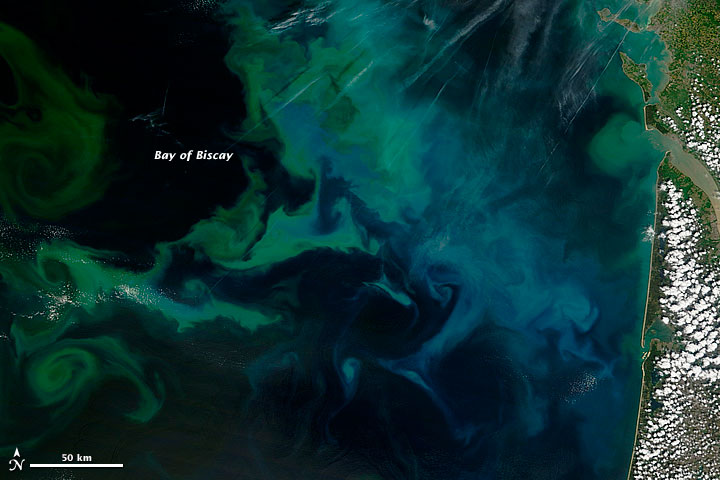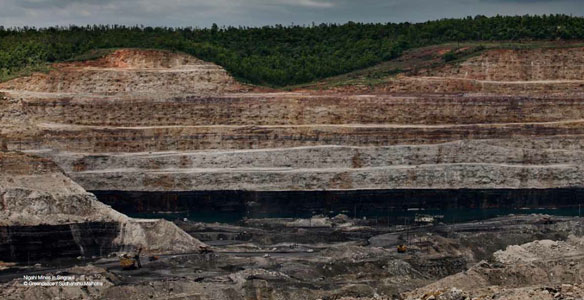20-Year Study Shows Levels of Pesticides Still a Concern for Aquatic Life in U.S. Rivers and Streams

Levels of pesticides continue to be a concern for aquatic life in many of the Nation’s rivers and streams in agricultural and urban areas, according to a new USGS study spanning two decades. Pesticide levels seldom exceeded human health benchmarks.
Like Weeds of the Sea, ‘Brown Tide’ Algae Exploit Nutrient-Rich Coastlines

A new study highlights up close the survival skills that have made Aureococcus, the algae that cause brown tides, the bane of fishermen, boaters and real-estate agents.
Study Shows Marine Debris Costs California Residents Millions Of Dollars

Southern California residents lose millions of dollars each year avoiding littered, local beaches in favor of choosing cleaner beaches that are farther away and may cost more to reach, according to a new NOAA-funded Marine Debris Program economics study.
A New Frontier for Fracking: Drilling Near the Arctic Circle

Hydraulic fracturing is about to move into the Canadian Arctic, with companies exploring the region’s rich shale oil deposits. But many indigenous people and conservationists have serious concerns about the impact of fracking in more fragile northern environments.
A New Look At What’s In ‘Fracking’ Fluids Raises Red Flags

Scientists are getting to the bottom of what’s in fracking fluids, with some troubling results.
Matanzas-Riachuelo River Basin Clean Up Effort Hindered

The 64-km Matanzas-Riachuelo river cuts across 14 Buenos Aires municipalities. The basin houses a number of chemical manufactures and industrial factories. Two centuries of neglect and a complex web of political and economic interests are hindering a clean-up plan that requires a broad, concerted effort.
Oxygen-Deprived Dead Zones: Q & A

There are more than 400 known dead zones worldwide, covering about 1 percent of the area along the continental shelves. That number is almost certainly a vast undercount, however, since researchers have yet to adequately study large parts of Africa, South America and Asia.
Mercury in the Global Ocean

A new study provides the first direct calculation of mercury in the global ocean from pollution based on data obtained from 12 sampling cruises over the past 8 years. The results confirmed that the ocean contains about 60,000 to 80,000 tons of pollution mercury. In addition, they found that ocean waters shallower than about 100 m (300 feet) have tripled in mercury concentration since the Industrial Revolution.
India To Fund Renewable Projects By Doubling Tax On Coal

India’s new finance minister, Arun Jaitley, has announced plans to increase funding on India’s vast clean energy and environmental projects, by doubling the tax on every metric tonne of coal.
